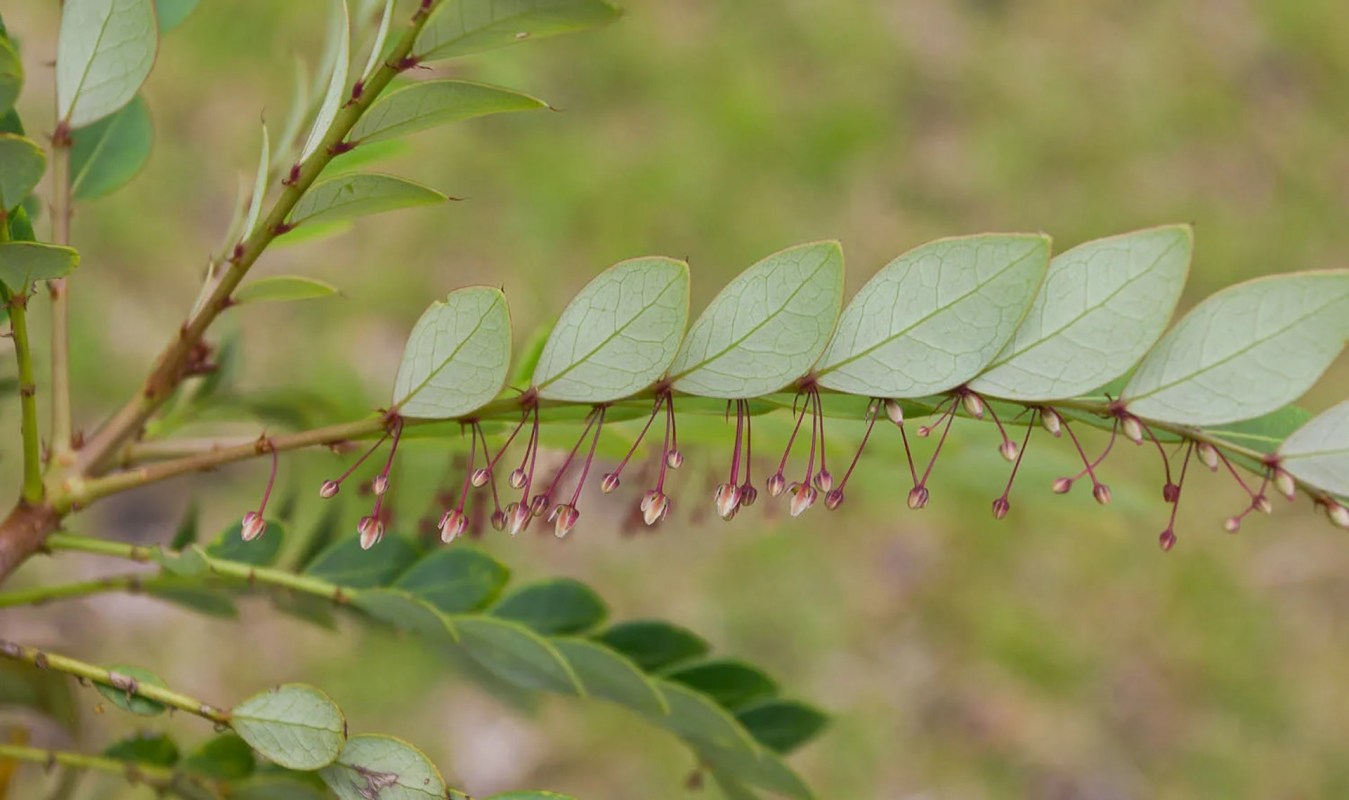If you've ever thought there must be a better way to mine metal than digging up forests, the U.S. government agrees with you — and is ready to put its money where its mouth is.
According to Wired, the Advanced Research Projects Agency-Energy has set aside $10 million for research and development of "phytomining," a revolutionary process that uses living plants to extract metals from the ground.
All plants absorb various minerals from the ground. Most are selective and avoid absorbing too much metal. But as Wired explained, out of the 350,000 known plant species, a tiny handful — 750 species — have a different strategy.
These species are "hyperaccumulators," plants that intentionally absorb a lot of metal from the soil. The high concentration of metal would poison most species, but these select few types have found a way to live with it and get two big advantages from it.
First, they can grow in soil that isn't hospitable for other species. Second, the metal in their leaves tastes bad to animals, so they avoid getting snacked on.
According to Wired, hyperaccumulators could provide a unique benefit to humanity. When they're burned, they produce ash that is full of metal. The ARPA-E wants to take advantage of that to harvest nickel, an essential component of the high-capacity batteries needed for EVs and a robust, clean energy grid.
"In soil that contains roughly 5% nickel — that is pretty contaminated — you're going to get an ash that's about 25 to 50% nickel after you burn it down," Dave McNear, a University of Kentucky biogeochemist, told Wired. "In comparison, where you mine it from the ground, from rock, that has about .02% nickel."
In other words, with some development, we could be growing crops of metal-rich plants instead of mining for that metal.
This approach is much easier on the environment, producing less air, water, and soil pollution and destroying less of the natural landscape. Even better, it can be used to clean up areas already contaminated by previous mining and metal refining activities, as well as land that is naturally too metal-rich for crops to grow on.
The ARPA-E hopes for a native North American species, possibly something from the sunflower or mustard family, that can be selectively bred or genetically altered to grow fast and accumulate enough metal to provide an alternative to traditional mining, Wired reported.
Join our free newsletter for weekly updates on the coolest innovations improving our lives and saving our planet.









